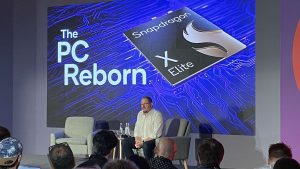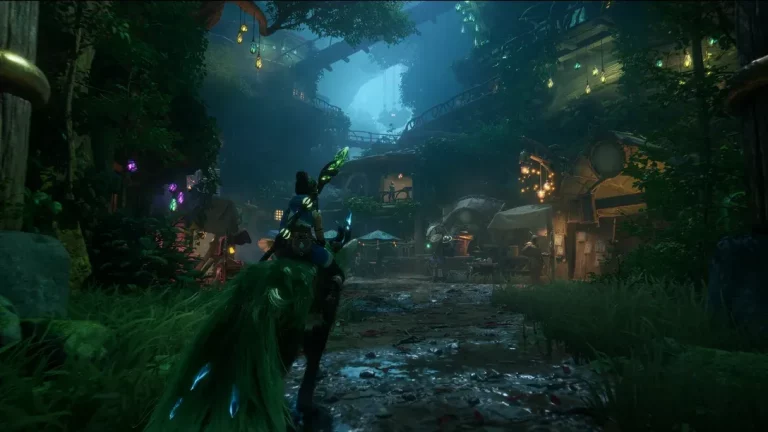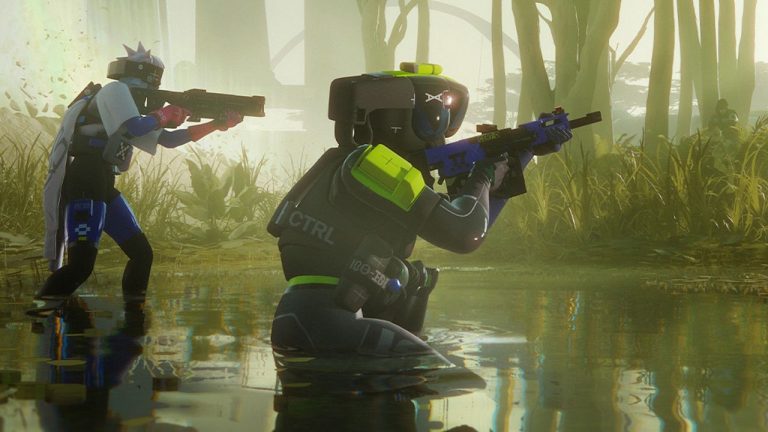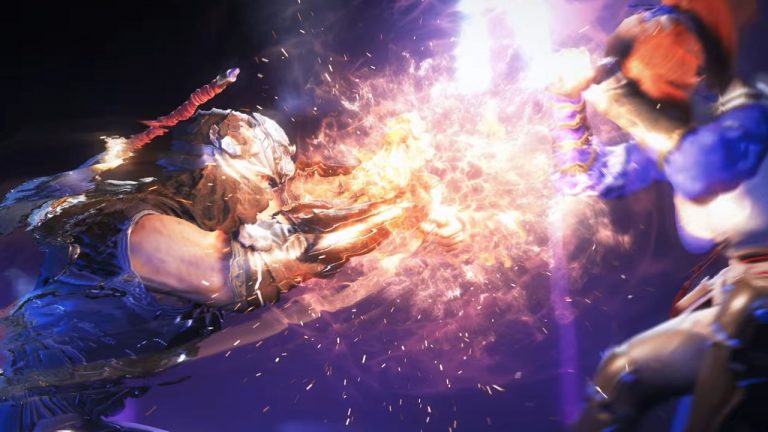There’s a sense that developer KT Racing assembled this next installment of the long-running Test Drive racing series by throwing a handful of darts at a mind map of popular Steam store tags and taping them to a car bonnet. It is open world and live service. It caters to both simulation lovers and arcade racers. It is competitive, but also social.
Test Drive Unlimited Solar Crown, the developer is keen to insist, isn’t a ‘racing game’ but a ‘driving game’. The idea being that its faithful 1:1 reproduction of Hong Kong Island isn’t merely a 600km box in which to take laps around city streets and practice your handbrake turns on off-road mountain bends, but a space for car enthusiasts to admire the lovingly recreated Bugattis, BMWs and, er, Nissans. Much is made of their accurate looks, engine sounds and handling, and from the moment you’re asked to choose a starter car, you’re encouraged to open their doors, wind down the windows and try their plush leather interior—just to make sure you pick the motor of your dreams.
(Image credit: Nacon)
In practice, Solar Crown is a multiplayer open-world racing game with the usual glut of game modes. Circuits are multi-lap, eight-player races. Time Attack challenges you to set the fastest time against other players. Sprint is essentially a do-over of Circuits but with added checkpoints to stop you cutting corners. And Domination rewards you points based on your position in the race every time you cross a checkpoint.
Solar Crown isn’t so committed to realism that you can’t cling to the accelerator for much of a race, yet hitting the brakes at just the right time before corners is key to conserving acceleration. Drifting will be a breeze for racing enthusiasts, and as oblique as it always is for everyone else. Driving mastery can be measured at a glance by how crumpled and dented your car looks by the end of each race, as the winner stands by their ride with the sort of boastful pose I imagine Olympic athletes practice in front of the mirror. Throughout it all, licensed—but always totally unidentifiable—up-tempo pop-rock blares in the background.
In other words, Solar Crown knows its audience: aspirational gearheads. Those who like the idea of swapping around intakes, camshafts, flywheels, suspension systems, rims and windscreens as much for the joy of tinkering as for their granular performance boosts. It’s all depicted through simple selection menus, and you’re encouraged to explore the upgrades regularly, including before each race when you’re given a moment to swap around parts to suit its track and locale.
Grinding gears
(Image credit: Naxon)
But there are strict limits, and while you can test drive every car to your heart’s content (each is intended to provide a perfect representation of how it feels to sit behind the wheel) you won’t have free reign to hop between them. A small garage is the norm in Solar Crown, with each new acquisition meant to feel like a luxury. To unlock the most spectacular cars of the game’s roster, you’ll have to put in the time—think 200 hours for a top-tier Bugatti.
Even in my preview of the early game, there were hints of a progression grind familiar to any MMO. Racing will earn you prestige and improve your reputation. That reputation is then needed to purchase better parts and cars, which are themselves required to access new, more difficult, and more rewarding races. I had to repeat several races before I’d earned enough street cred to unlock the next batch, and ended up pottering about the city in search of the few collectibles scattered about.
In many respects, it was those little bits in between the main races that stuck out most. Drive about the streets outside of a race and you’ll earn money for drifting, escaping near collisions, driving cleanly and performing other impressive feats. But your earnings aren’t guaranteed. In a spontaneous push-your-luck minigame, you’re forced to choose between banking the money early for a slim profit, or continuing your daring driving for the possibility of a bigger payday at the risk of losing it all should you bang headfirst into a lamp post. It’s a minor time-filler, but somehow showed the energy of Solar Crown at its best.
(Image credit: Nacon)
If it’s not already clear, don’t expect Solar Crown to lap the current frontrunners of videogame racing. Even its so-called social aspects so far simply amount to multiplayer racing, occasionally bumping into others in the open world, and a hub area (a literal lobby of a luxury hotel) for players to arrange races and compare their cars’ bodywork. Radical design this is not, though nor is it perhaps intended to be. With KT Racing already planning to support Solar Crown with more race modes, cars and miscellaneous content in the future, the developer seems to be pinning the game’s future as a live service title on its broad, if slightly tame, appeal.
Many will no doubt enjoy slipping into a car or two to hear the roar of their engines. But if a live service game is to succeed against all the other forever games out there, it’s not the cars that need to be making a noise—it’s the players.












